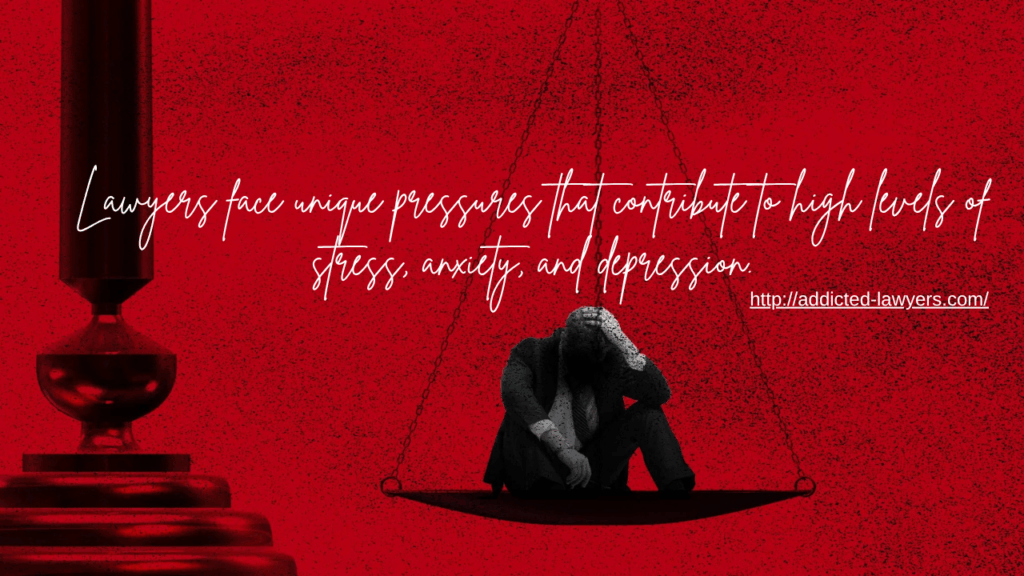
The legal profession is synonymous with prestige, intellect, and dedication. Yet behind the polished image of many lawyers lies a silent struggle with mental health challenges and addiction. For too long, stigma has kept these issues hidden, preventing many legal professionals from seeking the help they need. It is time to break the silence and foster a culture of compassion, resilience, and openness within the legal community.
The Hidden Struggles of Legal Professionals
Lawyers face unique pressures that contribute to high levels of stress, anxiety, and depression. Long hours, demanding clients, adversarial proceedings, and the constant push for perfection create an environment where burnout is common. The competitive nature of the field, combined with high stakes and often emotionally charged cases, means lawyers are at elevated risk for mental health issues.
In many cases, substance use becomes a way to cope with these pressures. Studies have shown that lawyers experience higher rates of alcohol and drug abuse than the general population. Alcohol, stimulants, and sedatives are often used to manage stress, stay focused, or escape emotional exhaustion. What starts as a coping mechanism can quickly develop into dependency.
The Power of Stigma
Despite the prevalence of mental health and addiction challenges in the legal field, stigma remains a formidable barrier to seeking help. The culture of law often emphasizes strength, control, and self-reliance. Many lawyers fear that admitting to personal struggles will be seen as weakness, risking their reputation, client trust, or career advancement. As a result, they hide their difficulties, allowing problems to deepen and consequences to grow more severe.
This silence not only harms individual lawyers but also undermines the health of the profession as a whole. When mental health and addiction issues go unaddressed, they can lead to impaired judgment, ethical breaches, and diminished quality of service—affecting clients, colleagues, and the broader justice system.
Breaking the Stigma: A Path Forward
Creating a healthier legal profession begins with breaking the stigma around mental health and addiction. Law schools, firms, and professional associations must actively promote a culture where vulnerability is not seen as failure but as a courageous step toward well-being. Mental health education should be integrated into legal training, emphasizing that asking for help is a sign of strength.
Support systems like Lawyers Assistance Programs (LAPs) offer confidential resources tailored to legal professionals, including counseling, peer support, and referrals for treatment. Firms can further support their teams by promoting work-life balance, offering wellness initiatives, and encouraging open dialogue about stress and mental health.
Conclusion
Mental health and addiction challenges are not signs of weakness—they are human experiences that can affect anyone, including those in the legal profession. By breaking the stigma and fostering a culture of support, the legal community can protect its members and uphold the values of justice not only for clients, but for those who serve them. The path forward lies in compassion, openness, and collective action.